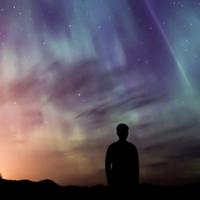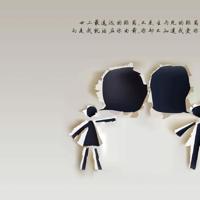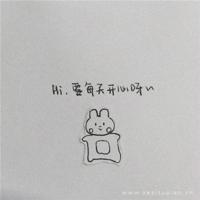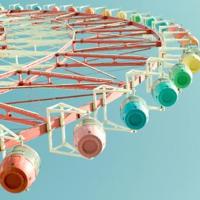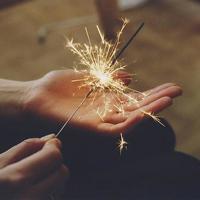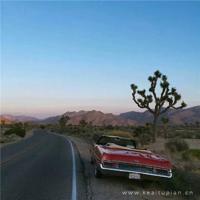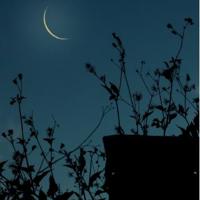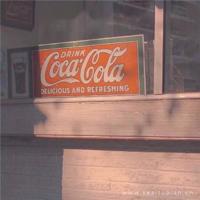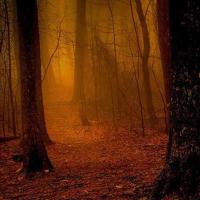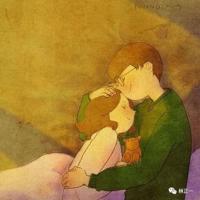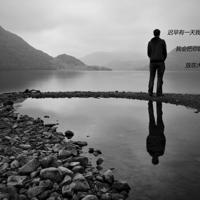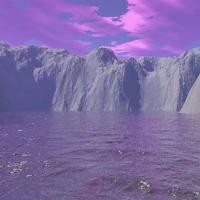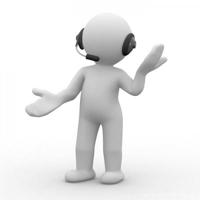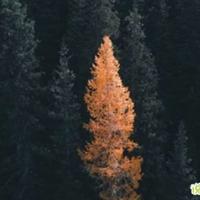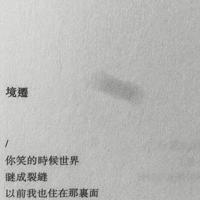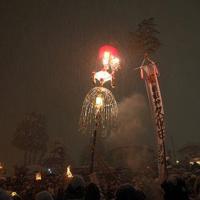无边的宇宙英语读后感精选(16)
2022-08-15 来源:百合文库
They never stopped launching detectors to Mars. Even if two thirds of them failed. However, it didn’t stop us from exploring space.
Distance should not be an obstacle to exploring space. At the beginning of XX. NASA Launched two detectors to Mars, and both of them landed safty. They sent many useful information to Earth. It was really exciting news! Before that, a detector launched by Europe was lost in Universe. It was a shock to the scientific community, but they will never give up.
As a matter of fact, the purpose of launching so many detectors to space is to find a planet with life and the basic element – water.
The moon is far away from Earth, but it is the nearest star to Earth. People have been fascinated by the moon since ancient times until 1969 when astronauts from America landed on the moon. They found that the moon was just a satellite, without water, air, atmosphere and life, so people’s fantasies about moon were broken. The moon is a real “Wide-cold Palace”, it also has very bad weather, extremely cold at night and extremely hot during daytime.
Distance should not be an obstacle to exploring space. At the beginning of XX. NASA Launched two detectors to Mars, and both of them landed safty. They sent many useful information to Earth. It was really exciting news! Before that, a detector launched by Europe was lost in Universe. It was a shock to the scientific community, but they will never give up.
As a matter of fact, the purpose of launching so many detectors to space is to find a planet with life and the basic element – water.
The moon is far away from Earth, but it is the nearest star to Earth. People have been fascinated by the moon since ancient times until 1969 when astronauts from America landed on the moon. They found that the moon was just a satellite, without water, air, atmosphere and life, so people’s fantasies about moon were broken. The moon is a real “Wide-cold Palace”, it also has very bad weather, extremely cold at night and extremely hot during daytime.
 易感期边哭边标记
易感期边哭边标记

